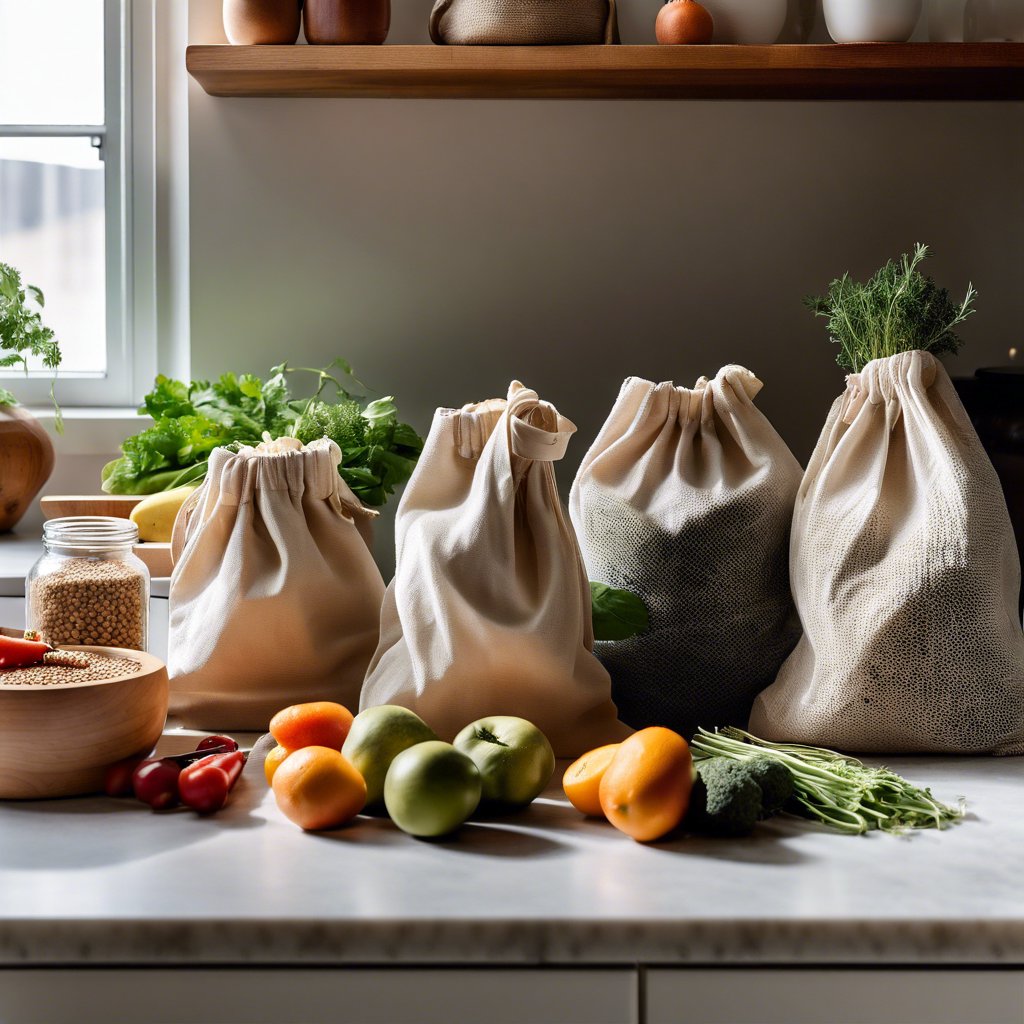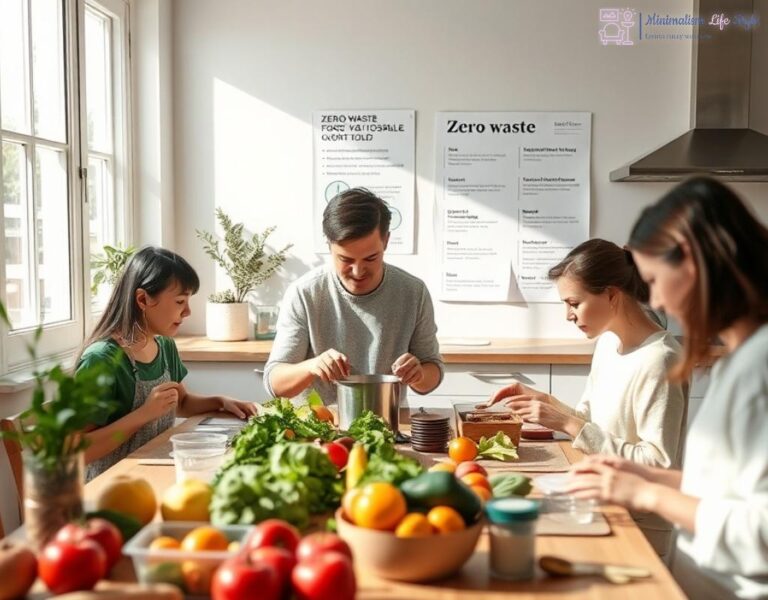Understanding the Impact of Food Packaging
In today’s fast-paced world, food packaging plays a crucial role in our daily lives, offering convenience and protection for our groceries. However, the environmental toll of excessive packaging cannot be ignored. The plastic crisis, overflowing landfills, and pollution are pressing issues that require immediate action. By adopting minimalist strategies, we can significantly reduce our food packaging waste and contribute to a more sustainable future.
Smart Shopping: Prioritizing Bulk and Reusable Options
One of the most effective ways to reduce food packaging waste is to rethink our shopping habits. By prioritizing bulk purchases and reusable containers, we can drastically minimize the amount of packaging we bring home. Consider the following strategies:
- Buy in Bulk: Choose bulk bins for grains, nuts, and spices, which often have minimal or no packaging.
- Invest in Reusable Bags: Bring your own bags, baskets, or containers to the store to transport your purchases.
- Support Local Farmers: Visit farmers’ markets where produce typically comes with less packaging compared to supermarkets.
Creative Meal Planning: Making the Most of Ingredients
Another essential aspect of reducing food packaging waste is effective meal planning. By planning our meals thoughtfully, we can utilize ingredients fully and avoid unnecessary purchases that often come with excessive packaging. Here are some tips to enhance your meal planning:
- Plan Around Whole Foods: Focus on fresh, whole foods that come with minimal packaging, such as fruits and vegetables.
- Batch Cooking: Prepare larger quantities of meals to reduce the need for single-use packaging items.
- Utilize Leftovers: Get creative with leftovers to ensure nothing goes to waste, further reducing the need for additional packaging.




